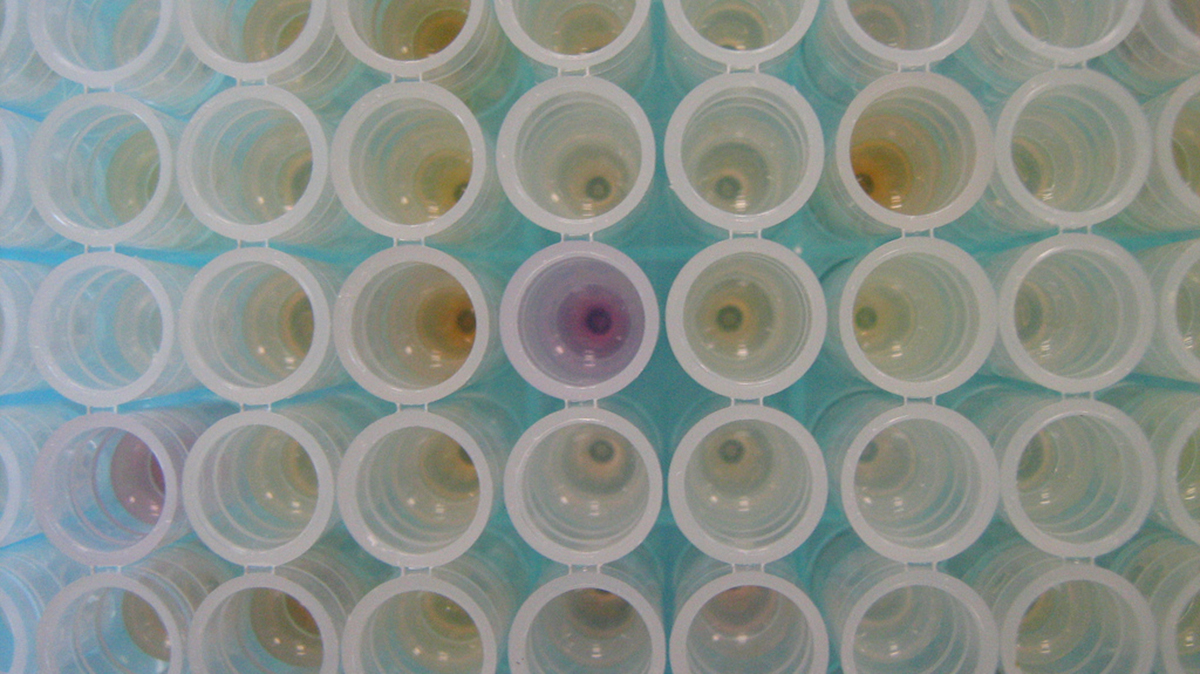Table of Contents
If you were fated to have lung cancer, a largely incurable disease, or some other deadly form of cancer, would you really want to know? Here are some of the pluses and minuses associated with new testing methods for lung and other kinds of cancer.
Doctors point out that the Pathway Genomics system is a major innovation, but it's not the end-all of cancer diagnosis. There are certain kinds of tumors, such as colon polyps, that do not break down and send fragments of DNA into the bloodstream. They would not be detected by a liquid biopsy.
The other concern about liquid biopsy is the simple fact that changes in DNA do not always mean cancer. Sometimes there are normal, natural variations in DNA between individuals that tend to be associated with cancer but that do not always lead to cancer. The more genetic markers one has for cancer, the more likely one is to have active cancer, but it is possible to have just one or two mutant genes and have cancer and to have several mutant genes and not have cancer. This test is not perfect.

Given the uncertainties inherent in the system, does it make sense, if you can afford it, to have annual blood tests for early signs of cancer?
Here are the pro's:
- No form of cancer is 100 percent fatal. Getting an early start on treatment, even for a kind of cancer that is still usually fatal, increases the chances of being one of its survivors. Getting an early start on treatment also means that you will be healthier and have fewer side effects when you start your treatment.
- Detecting genetic markers of cancer allows you to alert family members to the possibility that they also need monitoring.
- The longer you know you have cancer, the longer you have to plan your treatment in ways that minimize disruption to your life.
- The earlier you know you have cancer, the more likely you are to be able to participate in clinical trials and to pursue legitimate natural treatments.
- The sooner you know you have cancer, the more control you will have over your own destiny, making sure that your treatment is conducted according to your wishes.
There are corresponding negatives about cancer testing.
- Cancer is a devastating diagnosis. It's hard to maintain a positive outlook on your life when you have cancer, especially when you have a form of cancer that is hard to treat.
- Family members don't want to know you have cancer, and they usually don't want to know that they are at greater risk for their own cancers, either. At worst, your family members may shut you off when you share your cancer diagnosis with them.
- Planning for a good life is uplifting, but planning to be sick is a major downer. It's hard enough to deal with cancer without having to deal with depression, too.
For me, the scales tip in favor of early detection. An early diagnosis gives you the heads up that you need to pursue your bucket list, that you need to live as fully as you can while you can. If you get sick later, you will be glad you did the things you enjoy, and if you don't, you can just continue doing them.
- Julie Steenhuysen, "Pathway Launches 'Liquid Biopsy' to Find Cancer in Healthy People," Reuters Health Information. 11 September 2015.:
- Photo courtesy of PAHO/WHO via Flickr: PAHO/WHO
- Photo courtesy of PAHO/WHO via Flickr: PAHO/WHO
- Photo courtesy of col&tasha via Flickr: www.flickr.com/photos/col_and_tasha/5021269862


Your thoughts on this